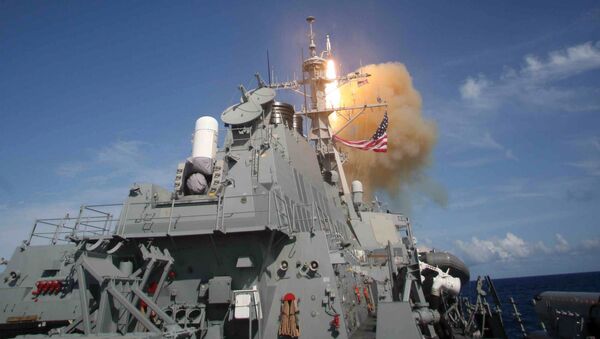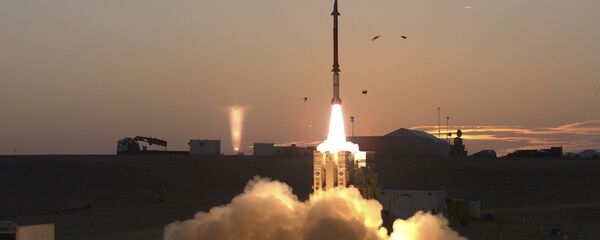According to Tom Karako, missile defense director at the Center for Strategic & International Studies (CSIS), "MDA is a victim of its own success." The group now operates the systems it developed, growing and expanding its responsibilities, as its budget shrinks.
According to a study by CSIS, the MDA could be transformed into a separate military body, like Special Operations Command, which would indicate significant budget increases and a wider mandate. Karako suggests also that the logistics and operations of US missile defense could be transferred to the military branch that deploys the particular system, leaving MDA as it was before the 80s, a strictly R&D body.
The first option has an evident downside, as more money must be identified. But the second solution presents a less obvious stumbling block, as entire systems would need to be transferred, alongside the funds. This would result in the MDA not only losing its operational responsibilities, but it is suggested that it would also lose the money it needs to function.
Talking about the previous transition of the Patriot system, Karako notes that the funds did not come alongside the new responsibilities.
"Patriot lost both funding and leadership focus when it was given back to the Army, which has plenty of other priorities in its budget — from combat boots to attack helicopters — that are dearer to its institutional heart than missile defense," he argues.
"In recent years, increased funding for Israeli missile defense has begun to directly compete with funding for US missile defense efforts," Karako writes. "And when appropriators divert more money to the Israeli budget line, they almost invariably fail to fully compensate MDA. US programs are then cut to pay the bill."
Describing the process of paying the expenses of the Israeli military, Karako explains that the US Congress proposes figures that far exceed those requested by the President.
Karako proposes to "recognize Israel missile defense assistance for what it is, a species of foreign assistance," and, subsequently, transfer the funding to the US State Department foreign military financing budget. If Israeli military funding must remain within the responsibility of the Department of Defense, he suggests, the two programs must be carefully segregated.




